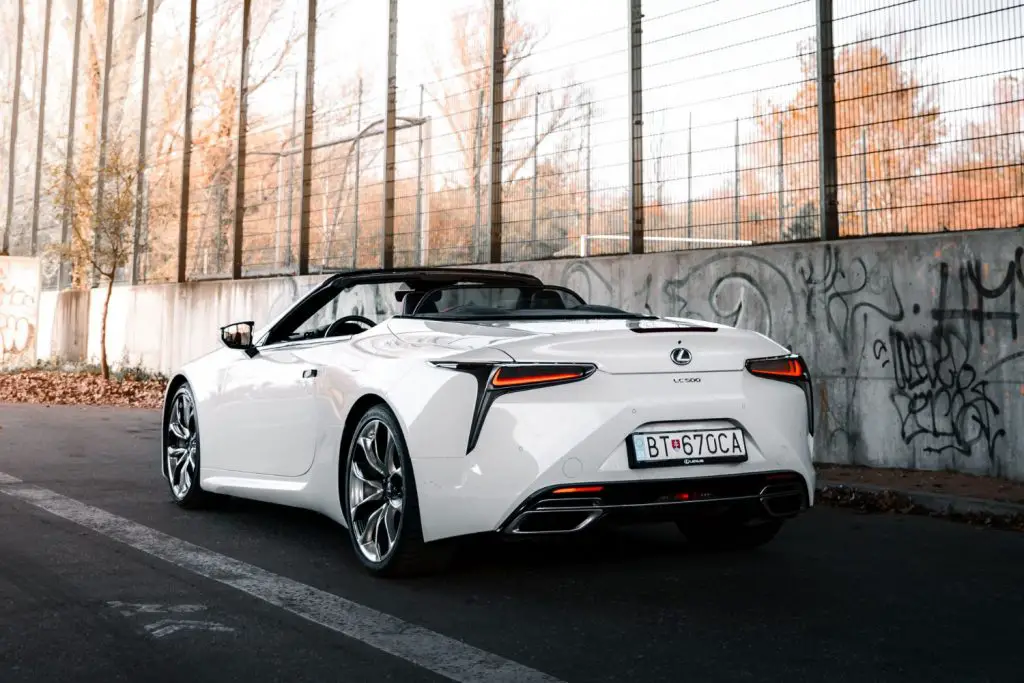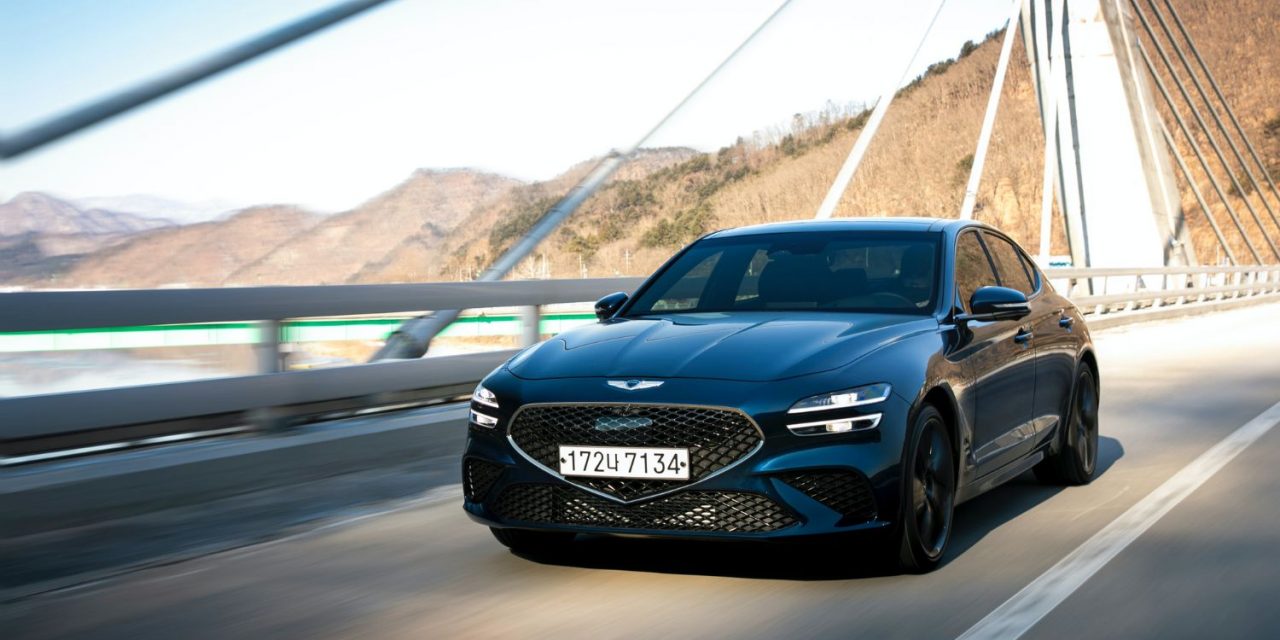A while back, we went out and found every single vehicle that is for sale in the USA! We then started gathering data on each of those vehicles, including the Gross Vehicle Weight Rating of each of them. With this information, we hope to give you the best idea of how many tons different styles of vehicles weigh.
The average weight of all vehicles (SUVs, Cars, Trucks, Coupes, EVs, etc) is 2.76 tons or 5519.11 pounds (2,503.42 kg). This was determined by researching every vehicle we could find (301 different vehicles for this sample) and averaging out their GVWR.
Of course, some vehicles are much more than this, and many are much less than this.
In this article, we will break down all the different categories, give you the statistics of how we determined each number, and give you an idea of which vehicles are the heaviest and lightest in each category.
How many tons does an SUV weigh?

The average SUV weighs 2.83 tons! Out of 145 vehicles that we have the GVWR of, the average weight was 5,651 pounds.
Just like every other vehicle on the road, SUVs have been getting heavier, larger, and more advanced than ever before.
In our research of the 145 vehicles we used in this sample, we had SUVs ranging from the lightweight Nissan Kicks at 1.83 tons (3,660 pounds), to the newly released Rivian R1S at 3.83 tons (7,650 pounds).
- 76 VEHICLES THAT WEIGH OVER 5,000 POUNDS (AND OUR FAVORITES)
- LIST OF ALL VEHICLES THAT WEIGH OVER 6,000 POUNDS (PLUS 7,000 AND 10,000)
- TOP 11 BEST VEHICLES FOR BUSINESS TRAVEL (CARS, TRUCKS & SUVS)
- THE 8 BEST VEHICLES FOR A FAMILY OF FIVE (SUVS, TRUCKS AND ELECTRIC VEHICLES)
How many tons does a pickup truck weigh?

The average SUV weighs 3.82 tons (3.47 tonne)! Out of 26 vehicles that we have the GVWR of, the average weight was 7,647 pounds.
A pickup truck has to be heavy duty, so it is no surprise to see these trucks getting up close to 4 tons! They are generally made with steel ladder frames, heavy-duty axles, and even heavier engines and transmissions to help them do extreme tasks like towing, and going off-road. In recent years, they have gotten even larger just to seem more formidable and heavy-duty, even if it is just aesthetically.
All of these things add to the weight of the vehicle, and wouldn’t be surprised to see this number continue to rise, especially as the electric drivetrain becomes more popular in pickup trucks.
Just so you have the information, the heaviest pickup we found was the GMC Sierra 2500 at 5.36 tons (10,750 pounds), and the lightest pickup truck was the Ford Maverick rolling in at 2.6 tons (5,200 pounds), however it can still tow a decent amount.
How many tons does a car (sedan) weigh?

The average sedan sits at 2.46 tons! We had a data set of 83 different sedans, ranging from the Mitsubishi Mirage at 1.51 tons, to the BMW i7 at 3.58 tons.
I see this number staying around the same! Why is that? Because sedans are becoming a rather niche category, as people are moving towards SUVs (and crossovers), and manufacturers are either leaning into the electric drivetrain (which is heavier), or they are creating performance versions of their sedans that are considerably lighter than the standard sedan.
These two things together should even out, and keep the average sedan weight at around 2.46 tons that you see today.
How many tons does a coupe weigh?

Based on our findings, the average coupe (32 different vehicles) weighs right in at 2.13 tons. This makes the average coupe right at 4,255 pounds.
This number of course ranges from the lightweight Mazda MX-5 Miata at 1.37 tons, all the way to the Bentley Mulliner Batur sitting at a healthy 3 tons.
Much like we talked about in the Sedans, I think coupes will continue to either get lighter weight by using things like carbon fiber and lighter weight components or heavier as they transition over to electric drivetrains.
So that said, I don’t think this average weight will change much, at least over the next couple of years.
How many tons does an electric vehicle weigh?

The average electric vehicle weighs right in at 3 tons. This was collected out of all 35 electric vehicles on the market today that have their GVWR advertised. At an average weight of 6,009 pounds, electric vehicles are incredibly heavy!
This is due to how heavy the battery is of an EV, which spreads itself out evenly underneath the vehicle (called a skateboard platform).
Electric vehicles should slowly lower in weight over time, as battery technology continues to advance. As of right now, batteries have not lowered in weight, however, I am confident that as we increasingly see electric vehicles on the road, they will have to advance quicker, and the lowering of weight will be a big part of making electric vehicles more efficient.
The lightest electric vehicle was the Mini Hardtop Convertible at 3,913 pounds and the heaviest is of course the GMC Hummer EV at 10,550 pounds.
Why did we use GVWR for the weight?
We utilized the Gross Vehicle Weight Rating (GVWR) of vehicles instead of the more commonly used curb weight as this is the weight of the vehicle that you are using on a day-to-day basis. The curb weight of the vehicle is the weight when it rolls off the factory floor (without fluids, etc).
Meanwhile, the GVWR is the weight of the vehicle with passengers, cargo, and more in the vehicle. If you were driving down the road and had to visit a weigh station, the weights discussed in this article are what their weight likely would be at that time.
Conclusion
As you can see, there is quite a range in how much different types of vehicles weigh. The average weight of a vehicle on the road today is 2.76 tons, which comes out to be about 5519.11 pounds.
Of course, this number will change over time as technology advances and different types of vehicles become more popular. But for now, this is a good snapshot of what the average weight of vehicles.





